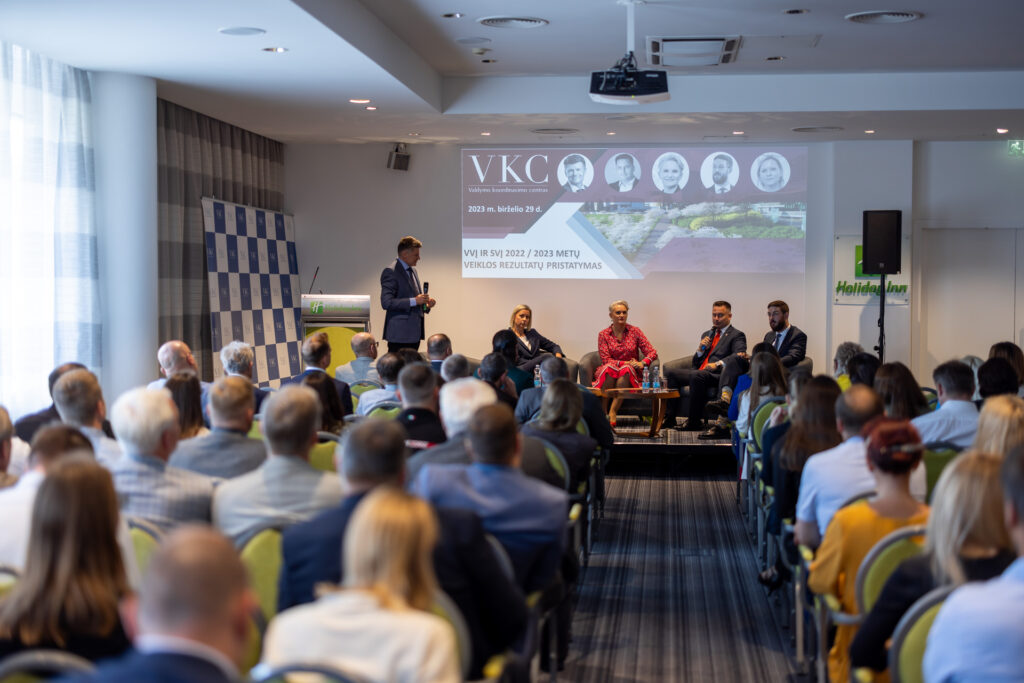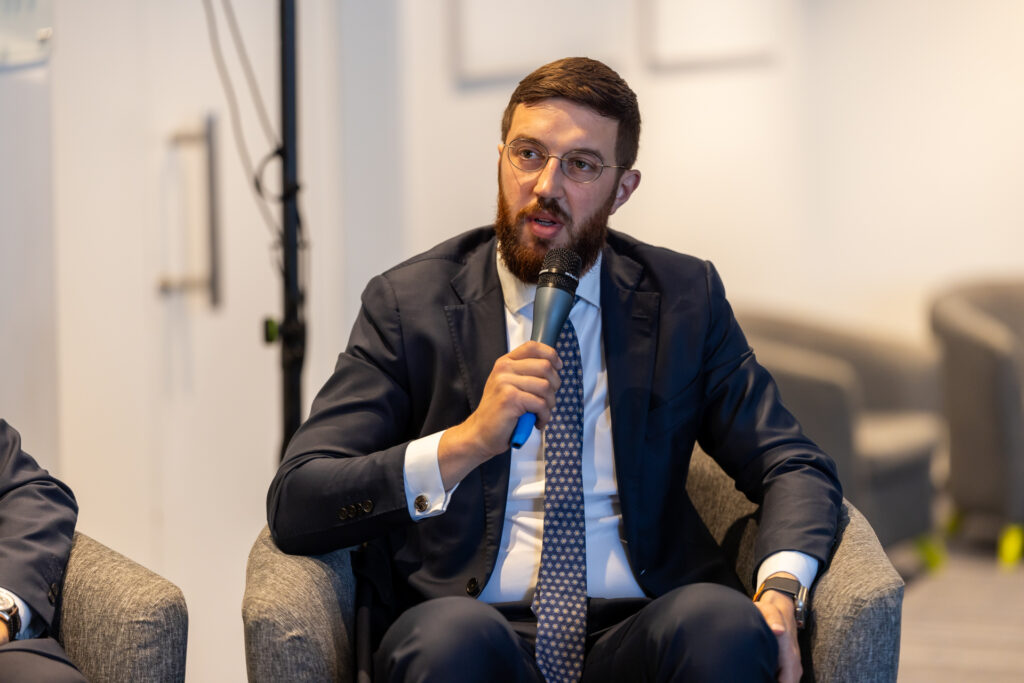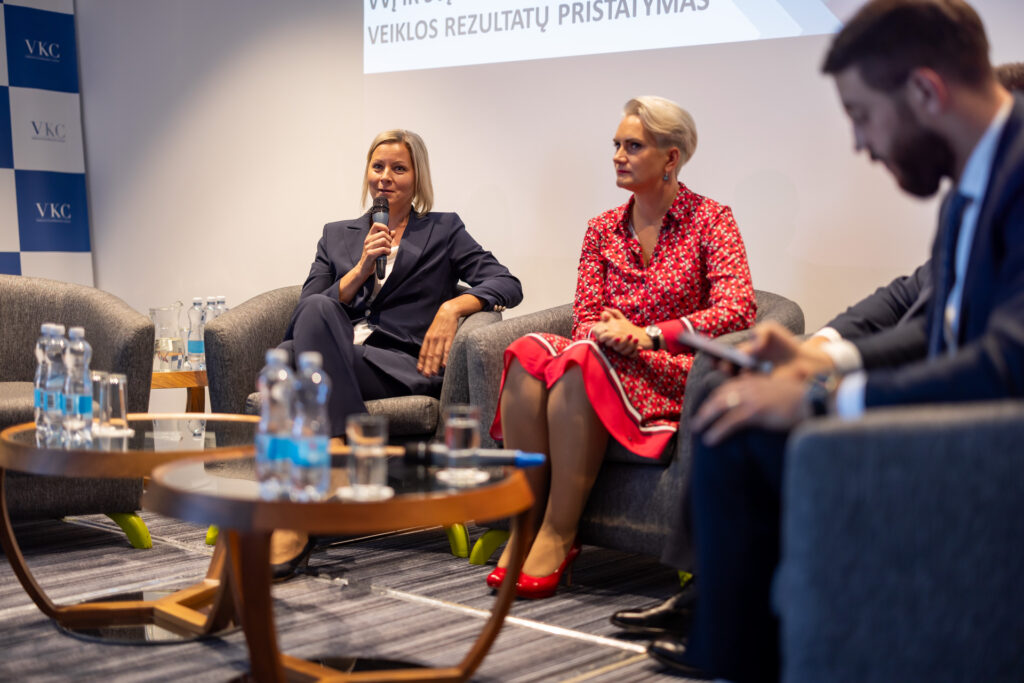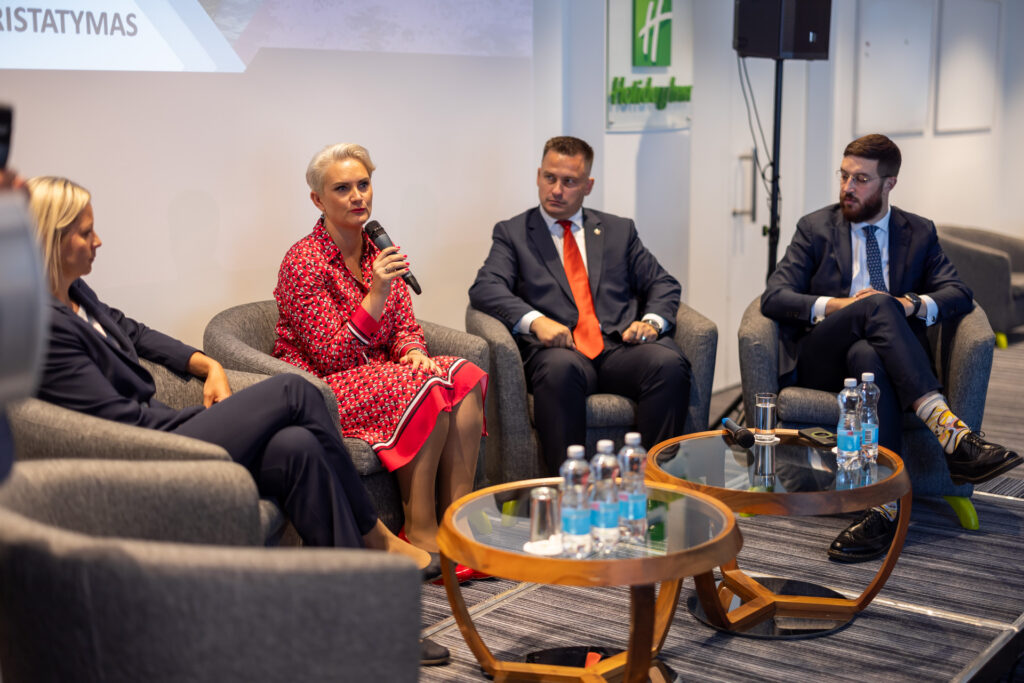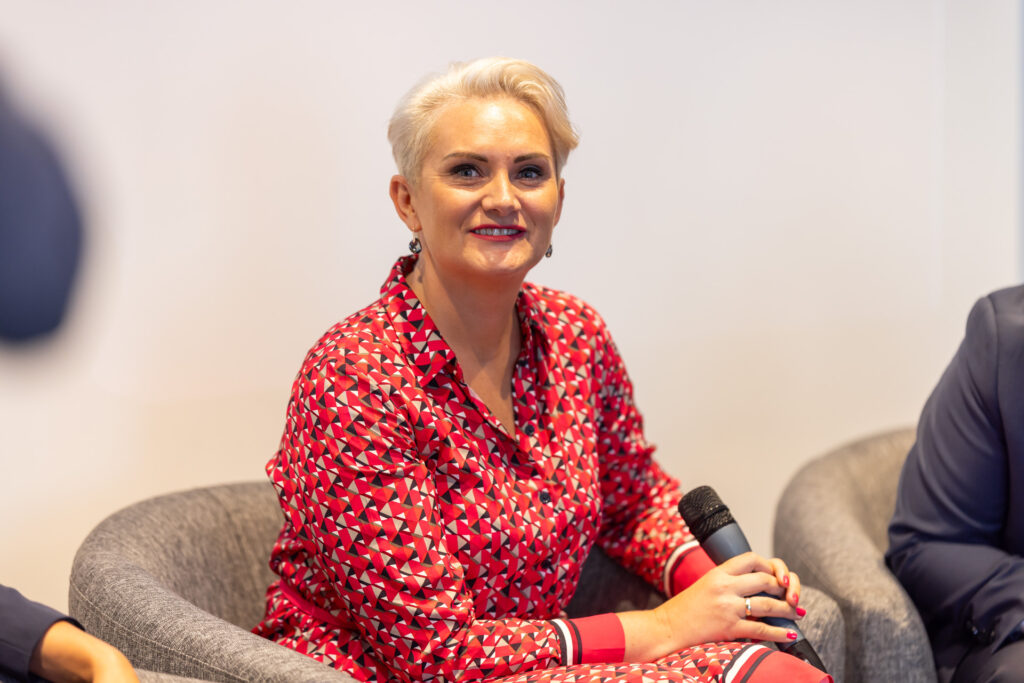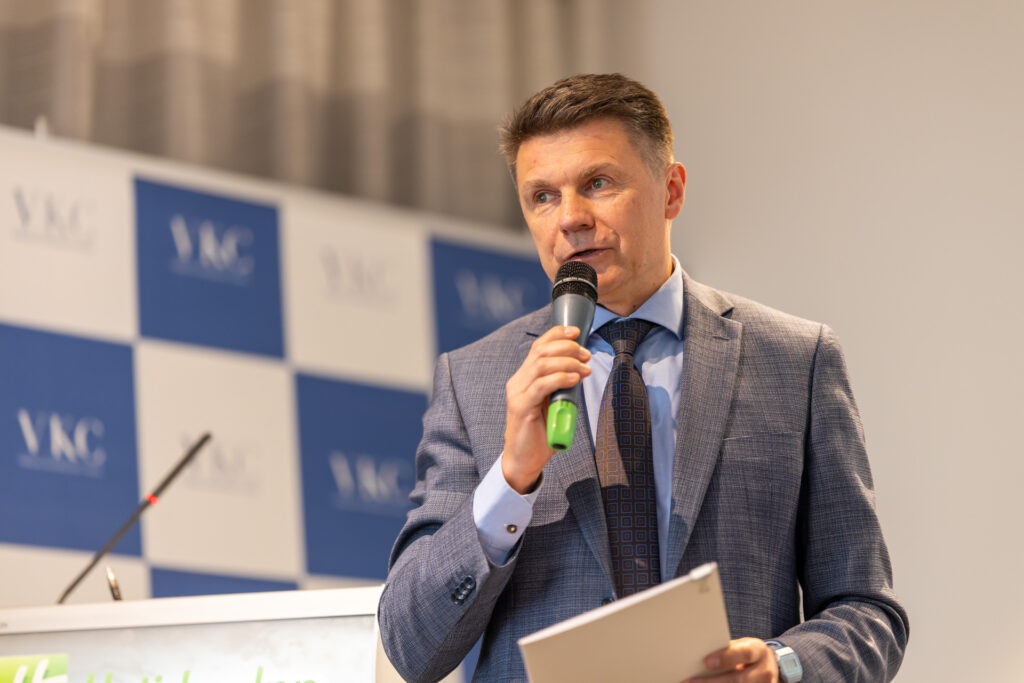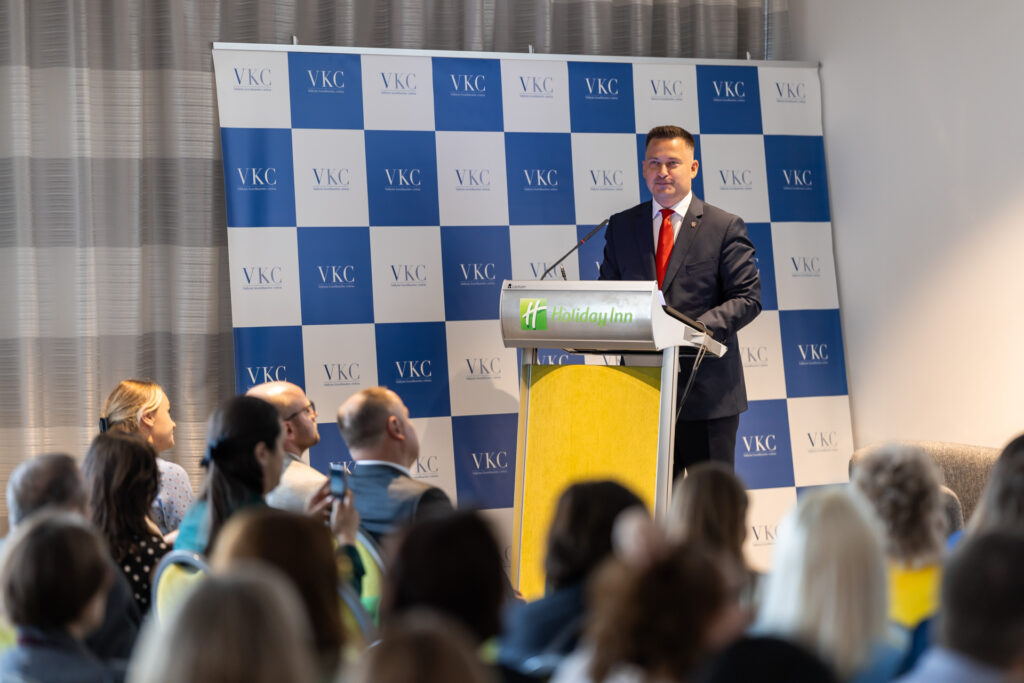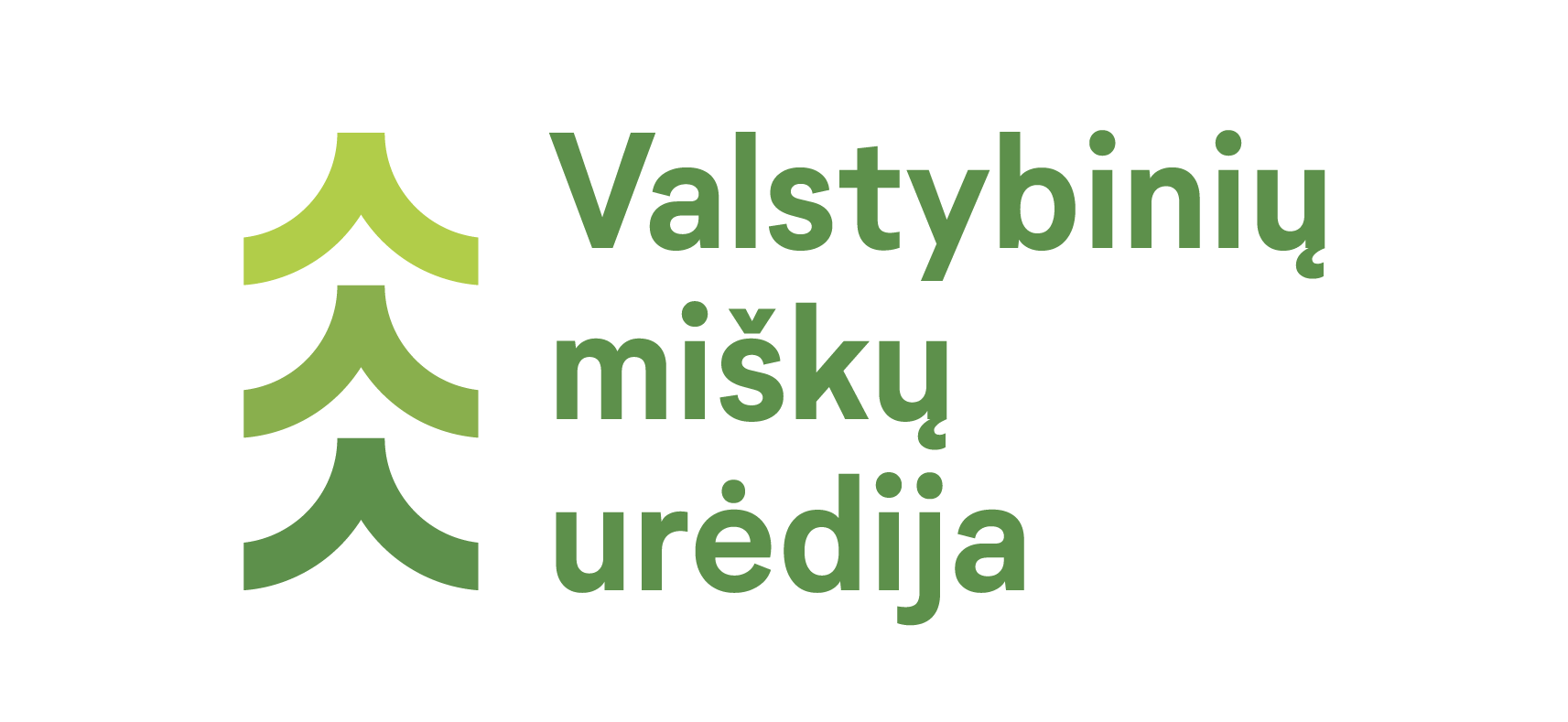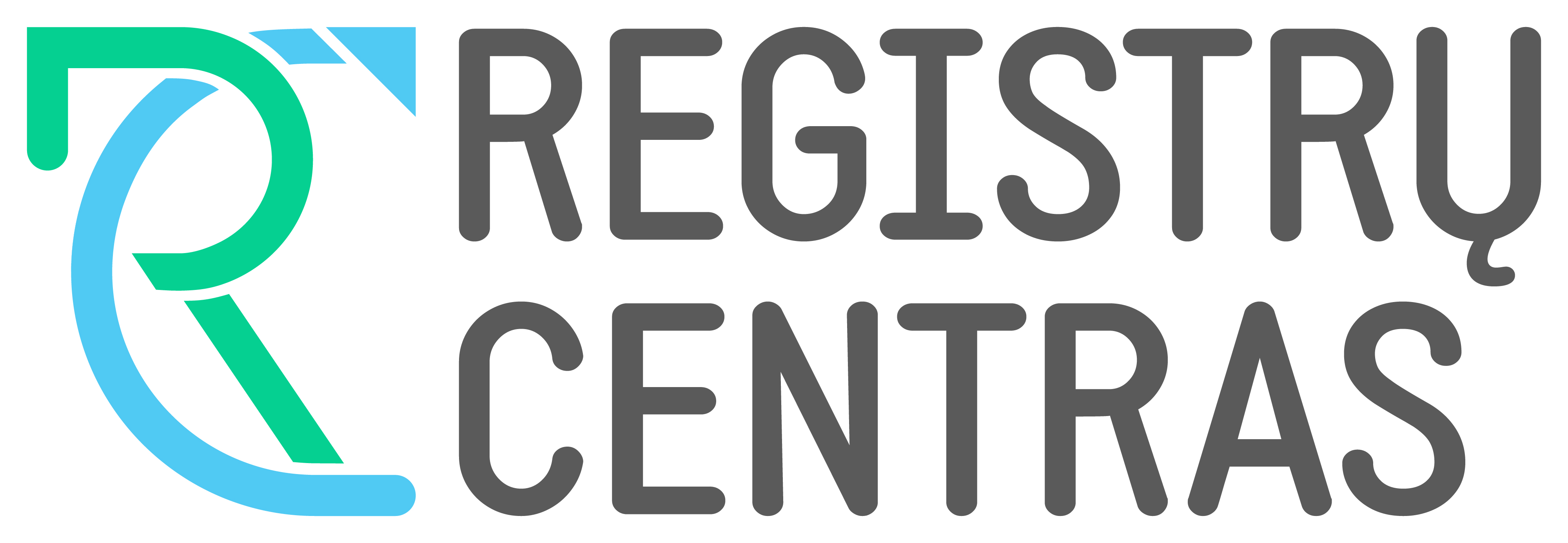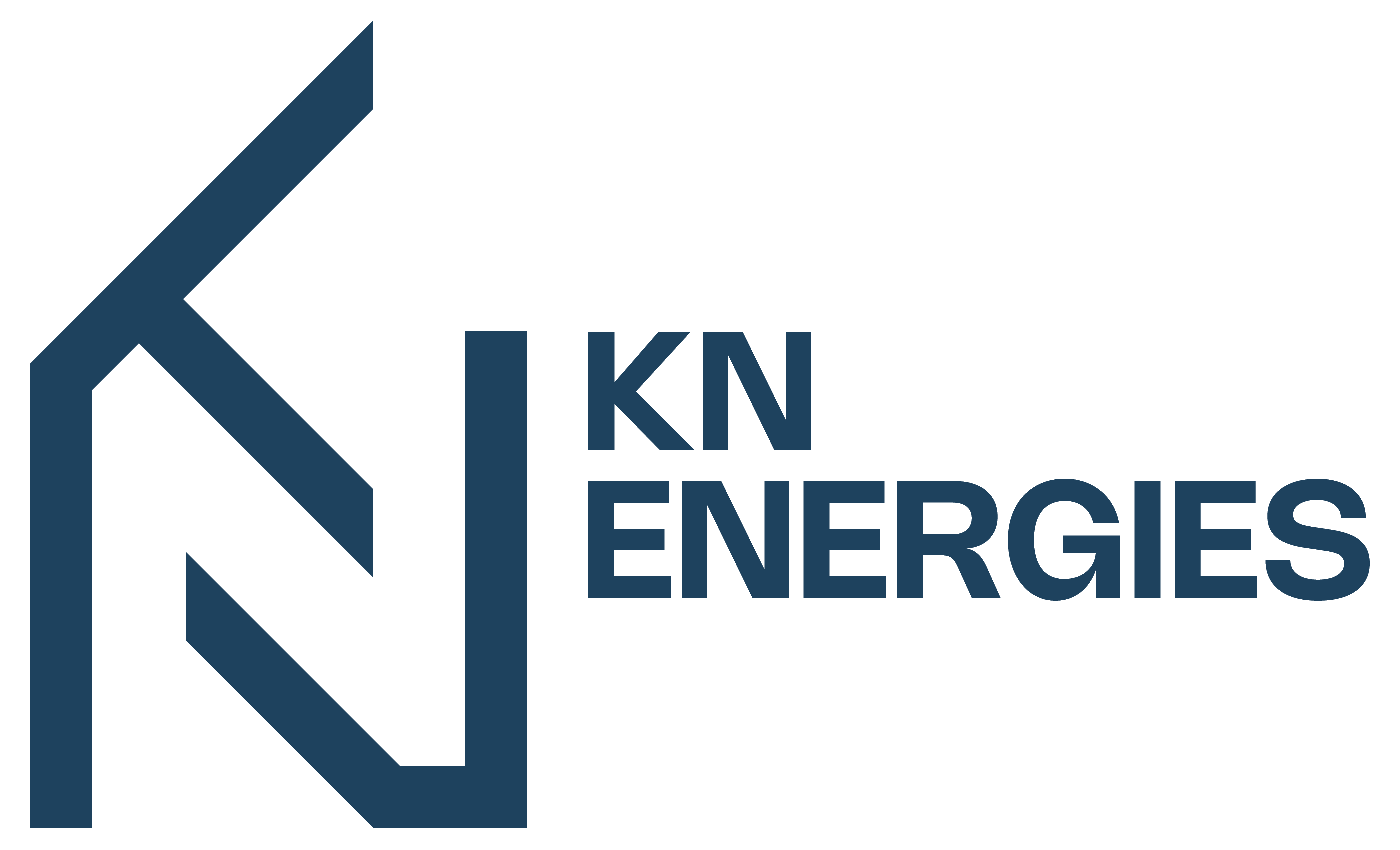Management experts: the progress of municipally managed enterprises is still slow
Although the results of Lithuanian municipally managed enterprises (MOEs) have been gradually improving in recent years, progress in the governance of these enterprises is too slow. Governance experts note that municipal administrations often lack ambition for the necessary changes.
According to the latest data from the Governance Coordination Center, last year the total income of the entire Lithuanian MOE portfolio increased by more than a third – to 1.3 billion. euros. The profit of the MOE sector also increased significantly, reaching 4.8 million. euros, when more than 5 million were incurred a year ago. loss.
Municipalities’ budgets were supplemented by companies almost twice as much as last year – a total of 11.3 million was paid out in dividends and profit contributions. euros. It is true that the lion’s share of this financial return was earned by the companies managed by the municipalities of the big Lithuanian cities. In total, only 37 companies, which make up only 15 percent. of the total SME portfolio, paid out dividends.
“On the one hand, we can be happy that financial indicators have improved in the MOE sector last year, but we have to appreciate that far from all Lithuanian municipalities, companies worked successfully. In the general MOE portfolio, a significant change in the earned income and profit was practically determined only by the companies of the heating networks sector of the big cities of Lithuania. In total, less than half – 113 out of 235 companies – worked profitably, and in some Lithuanian municipalities none worked profitably. Analyzing the MOE sector, we see that it is necessary to improve the governance of MOEs and implement an efficient, coordinated and professional MOE management policy”, stressed the head of the Governance Coordination Center, Vidas Danielius.
Last week, in a discussion organized by the Management Coordination Center, representatives of municipalities, members of collegial bodies of SOEs and SOEs, and governance experts discussed how to solve the problems of organizing the governance of SOEs and introduce good governance practices not only in the big cities of Lithuania, but also in the smaller municipalities of the country.
Good governance index practices of SOEs in MOEs
V. Danielius, the head of the Governance Coordination Center, which has been monitoring the management of MOEs for several years, says that changes are taking place in Lithuanian municipalities and the management of their companies, but they are not ambitious enough, and therefore the pace of progress of MOEs is too slow.
“The attitude of the shareholder is extremely important for the proper implementation of good governance. Raising the governance bar is not only a matter of legal regulation, it is a matter of political will, which lacks ambition today,” says V. Danielius.
According to him, the process of implementing SOE good governance practices was neither easy nor quick, but today’s result is encouraging and at the same time creates an expectation for the application of higher standards on a wider scale – at the self-government level. This is a kind of relief for MOEs, who can also study in their “big sessions”. We are ready to work closely with and advise on governance issues both for MOEs and municipal administrations. I believe that working together will make it possible to achieve a breakthrough in the management of MOEs and, most importantly, will help to ensure even better public services for the people of Lithuania,” V. Danielius, head of the Management Coordination Center, emphasized.
The initiative is also expected from the newly elected mayors
Deputy Minister of Internal Affairs Sigita Ščajevienė, who participated in the discussion, emphasized that one of the main objectives of the municipalities’ activities is to ensure the well-being of the residents and provide them with high-quality public services. “Implementation of good governance principles in municipal enterprises helps to improve the performance of enterprises, increase their sustainability, transparency and openness of operations, reduce the risks of corruption, thereby increasing the community’s trust in the municipality’s activities. After the new local self-governance model came into force and the mayors became the masters of self-governance, the emergence of principles of good governance for MOEs become more relevant than ever, because it is from them that people will demand responsibility”, she said.
Corporate governance expert Romas Švedas also noted that the heads of municipalities must devote more effort to the implementation of the principles of good governance of MOEs. “It is very important that the municipality is not afraid of good governance, but understands its benefits for companies and people and wants to implement it,” he emphasized.
Orijana Mašalė, who has been working on the boards of public sector and private equity companies for several years, is convinced that in order for SVE shareholders to be interested in improving corporate governance, three essential things are needed: self-education of shareholders, further transparency of political processes and proof of the value of independent boards.
“When there are more people who want real change in politics, then more investments will be made in the governance knowledge of politicians and public sector specialists, which will help to attract highly qualified board members who, together with company management teams, will achieve better results.” However, board members must also constantly learn and not rest on their laurels, because becoming a board member does not automatically make a person a valued expert,” she said.
There are not only financial incentives for attracting professionals to the boards of MOEs
Governance experts agree that independent and depoliticized collegial bodies are one of the most important elements of efficient and transparent corporate governance. During the last year, the boards and supervisory boards of MOEs were strengthened and depoliticized, where last year already more than 50% was made up of independent members and is in principle in line with the OECD governance standard. However, another problem is emerging, that there is already a noticeable lack of professionals in the selection of boards of MOEs and other collegial bodies.
For what reasons are they not attracted by the MOE sector? The participants of the discussion admitted that there is no unequivocal answer. The question of remuneration of members of collegial bodies is still very relevant. Some of the collegial bodies of MOEs worked unpaid in 2022, and in many cases the remuneration paid to members of the collegial bodies does not meet not only the needs of the labor market, but also the stipulated remuneration payment procedure.
Adomas Bužinskas, the director of the administration of the Vilnius Municipality, which manages the largest and largest number of MOEs, emphasized that not only financial motivational measures are important for attracting independent members to the boards of MOEs.
“We have been implementing the principles of corporate governance for several years now, and we have been electing professional, independent boards. I can be happy that we receive an extremely large number of applicants during the independent board selections. This is because, in addition to financial reward and self-realization, we also offer the opportunity to contribute to the creation of the city,” he emphasized.

